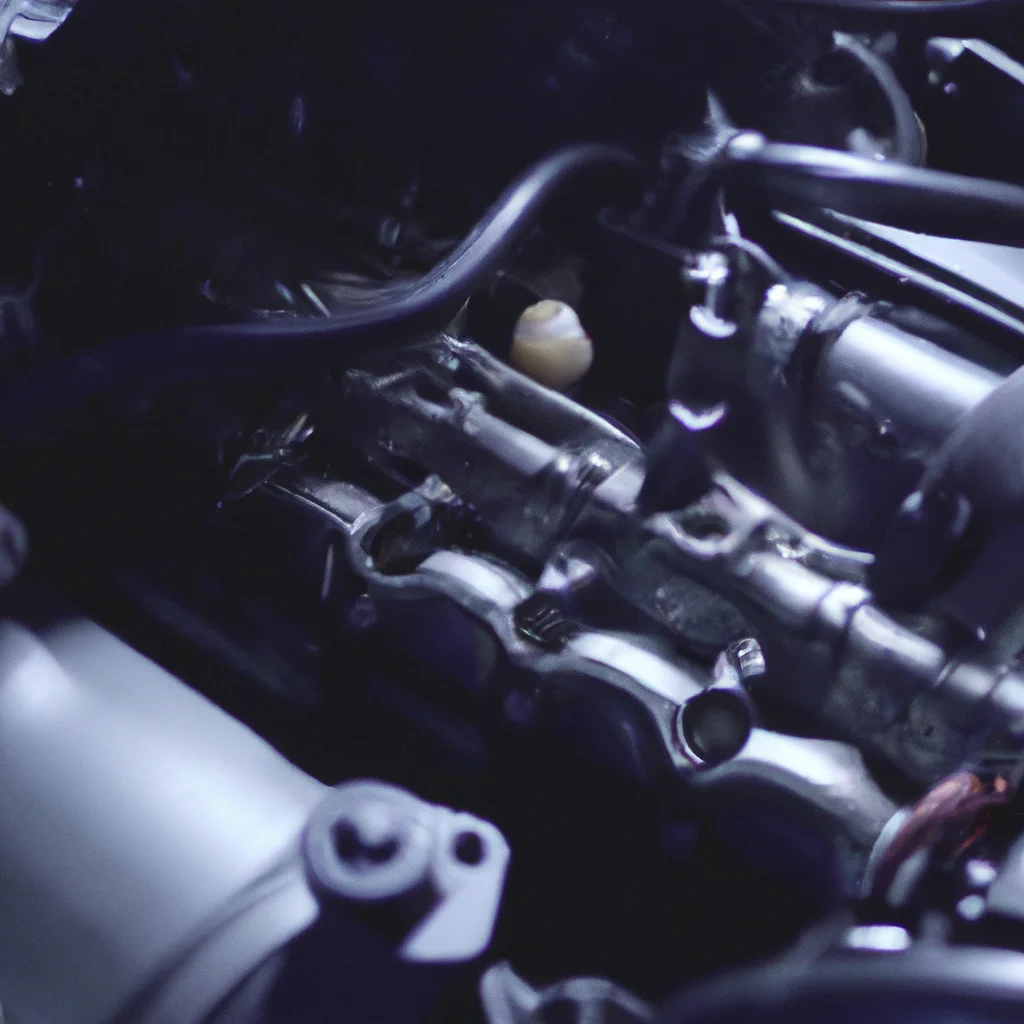How does a car’s engine work?


How does a car's engine work?
Have you ever been curious about how a car’s engine works? The car engine is the heart of any vehicle, and it’s essential to know how it functions to maintain your car’s performance. In this article, we will explore the internal combustion engine, the different components that make up the engine, and the engine cycle to provide a thorough response to the question, “How does a car’s engine work?”
Internal Combustion Engine
The internal combustion engine is the most common type of engine used in cars today. It’s called an internal combustion engine because it burns fuel internally to create energy. The engine converts the chemical energy stored in fuel into mechanical energy that powers the car.
Engine Components
The engine is made up of several components that work together to create power. The essential components of a car engine include:
1. Cylinder Block: This is the primary structure of the engine, which houses the cylinders where the combustion process takes place.
2. Piston: The piston moves up and down in the cylinder, converting the energy created by the combustion process into mechanical energy.
3. Connecting Rod: The connecting rod connects the piston to the crankshaft.
4. Crankshaft: The crankshaft converts the up and down motion of the piston into a rotary motion, which powers the car.
5. Valves: The valves control the flow of fuel and air into and out of the cylinder.
6. Spark Plugs: The spark plugs ignite the fuel and air mixture, creating the combustion process.
Combustion Process
The combustion process is the heart of the engine. It’s the process that converts fuel and air into energy. The combustion process has four stages:
1. Intake: In this stage, the piston moves down, creating a vacuum that sucks in fuel and air into the cylinder through the open intake valve.
2. Compression: In this stage, the piston moves up, compressing the fuel and air mixture into a small space.
3. Combustion: In this stage, the spark plug ignites the fuel and air mixture, creating an explosion that pushes the piston down.
4. Exhaust: In this stage, the piston moves up again, pushing out the exhaust gases through the open exhaust valve.
Engine Cycle
The engine cycle is the sequence of events that occur in the engine to create power. The engine cycle has four stages:
1. Intake Stroke: In this stage, the piston moves down, creating a vacuum that draws in fuel and air.
2. Compression Stroke: In this stage, the piston moves up, compressing the fuel and air mixture.
3. Power Stroke: In this stage, the spark plug ignites the fuel and air mixture, creating an explosion that pushes the piston down, creating power.
4. Exhaust Stroke: In this stage, the piston moves up, pushing out the exhaust gases.
Engine Function
The engine’s primary function is to convert fuel and air into energy that powers the car. The engine works by burning fuel internally to create energy, which is then converted into mechanical energy that powers the car. The engine’s performance is affected by several factors, including the quality of fuel, air intake, engine temperature, and regular maintenance.
Conclusion
In conclusion, the car engine is the heart of any vehicle, and it’s essential to understand how it functions to maintain your car’s performance. The internal combustion engine is the most common type of engine used in cars today, and it burns fuel internally to create energy. The engine is made up of several components that work together to create power, including the cylinder block, piston, connecting rod, crankshaft, valves, and spark plugs. The combustion process is the heart of the engine, and it converts fuel and air into energy. The engine cycle is the sequence of events that occur in the engine to create power, including the intake stroke, compression stroke, power stroke, and exhaust stroke. Understanding how a car engine works will help you maintain your car’s performance, and keep it running smoothly for years to come.
Recent Posts
How do I create an engaging and informative online quiz or assessment?
Creating an engaging and informative online quiz or assessment can be a powerful tool for… Read More
What are the most effective methods for managing and reducing work-related stress in the hospitality industry?
Work-related stress is a common issue in the hospitality industry, where employees often face long… Read More
How can I improve my assertiveness and communication skills in a leadership position?
In a leadership position, assertiveness and effective communication skills are crucial for success. Being able… Read More
What are the key elements of a successful employee recognition and rewards program?
Employee recognition and rewards programs play a crucial role in motivating and engaging employees, as… Read More
How do I effectively manage and respond to customer feedback and reviews?
Customer feedback and online reviews play a crucial role in shaping a company's reputation and… Read More
What are the best strategies for effective time management as a stay-at-home parent?
Effective time management is crucial for stay-at-home parents who juggle multiple responsibilities on a daily… Read More